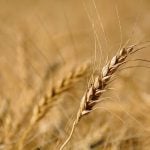
Tag Archives Sustainable agriculture

Measuring tillage impact
There may be a middle path that gives the best results
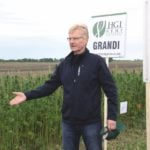
Can organic no till work in the field?
Environmental benefit is part of organic market value, but organic weed management usually means tillage, commonly considered a black mark for soil health. Is there a middle ground?
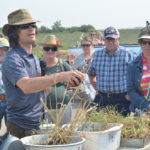
Soils are not made equally when it comes to soaking up moisture
Mitchell Timmerman’s rainfall simulation emphasized the role of perennial forages in increasing infiltration during the August 30 Manitoba Beef and Forage Initiatives Brookdale site tour
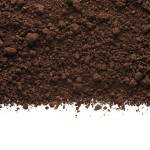
Farmers’ focus must shift from yields to soil health
But looking after the land doesn’t have to result in a ‘yield penalty’

4-H’ers dig into soil health policy and education
Soil health was a repeat topic as 4-H members from around the world turned their attention to sustainable agriculture and food security
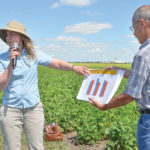
To till or not to till? For soybeans that’s the question
The Westman Agricultural Diversification Organization is testing out planting dates and pre-seed tillage systems in its latest round of soybean experiments
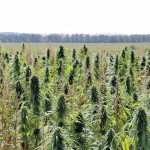
Editorial: New opportunities
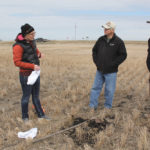
What’s in your field?
Planting a pair of tighty whities can help you find out
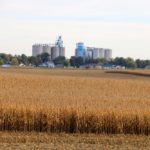
Oats and alfalfa to reduce Corn Belt erosion?
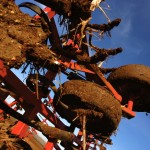
Disc tillage not the only answer to corn residue
Recent research on the effect of corn on subsequent soybean crops suggests there may be other alternatives


